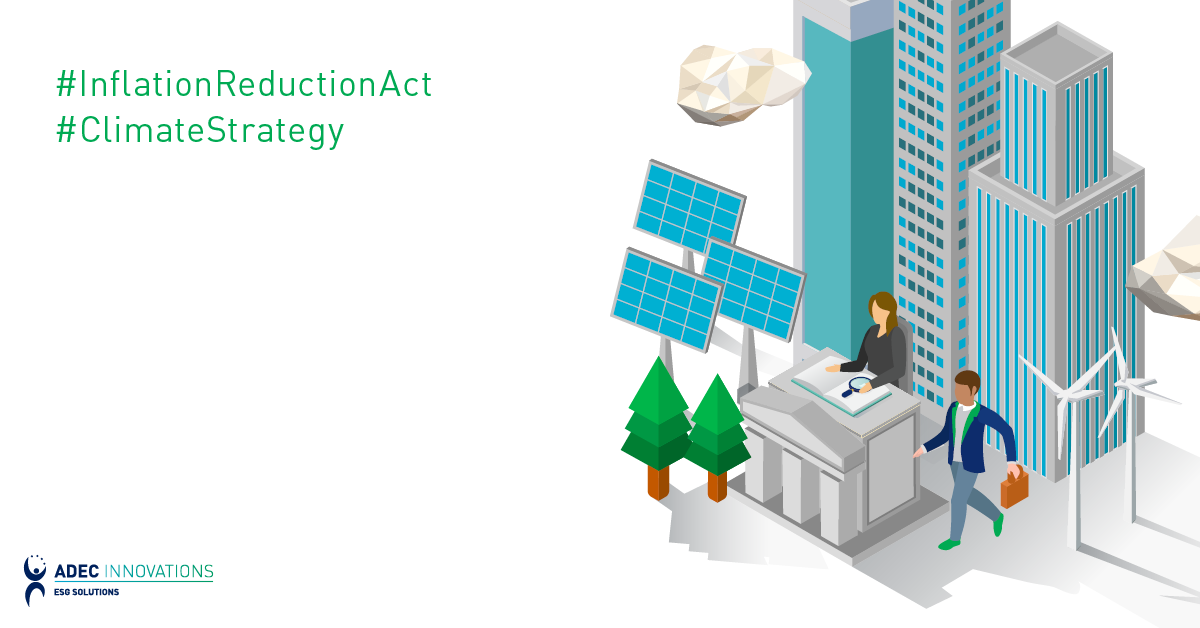Politicians take heed: Those who support the green economy will be remembered in history as heroes! Government leaders should not delay any longer in adopting legislation that facilitates the implementation of renewable energy production.
The focus of the legislations is mainly on modernizing electrification infrastructure and small-scale on-site renewable energy generation which end-users can directly utilize. Accordingly, broadly-integrated skill and knowledge-based jobs can be easily created in the renewable energy sector. Through supporting the expansion, governments can ensure a generation of clean energy with plenty of job opportunities. Germany, for example, is a world leader in generating employment through embracing the green economy and has created more than 300,000 green jobs annually as a result.
The advantage of working with renewables is that it brings greater awareness and appreciation to the creation process of energy. Intellectually, this is an exciting time for the renewables sector as new innovations are constantly being made. However they often don’t make the news and can therefore go unnoticed by the public. Another challenge faced is that the new solutions are more efficient in terms of design and energy consumption, causing them to be more expensive than existing old and inneficient technologies. Without government sustainability policies, the growth of the renewables sector can be hampered.
However, one company that has surpassed these challenges is Wind Simplicity. They innovate and produce small wind turbines (SWTs) called the Windancer™ that allows them to decentralize wind energy production. As a result, job opportunities opened in more areas around Canada with a growing demand for SWTs and an increase in wind farms. As such, expanding wind turbine manufacturers are in need of more skilled workers, while the proliferation of wind farms has caused a growing need for more wind plant technicians, wind energy field specialists, and project engineers. Numerous sources have consistently found that companies benefit when they adopt a culture of sustainability because it allows them to operate more efficiently overall.
There is an urgency to first adopt greater electricity/energy conservation, which in turn will facilitate the implementation of the smart grid: another big job creation boom for the next 40 years. Similar to the current electrification infrastructure that created jobs in the 20th century, the smart grid will do the same for this century. Now, ‘think tanks’ like the Conference Board of Canada are looking into electricity. They estimate that modernizing the Canadian electrification infrastructure over the next 20 years will cost $294 billion. This investment means there will be immediate creation of full-time jobs for decades to come. Key European countries such as Germany, France, U.K., Norway, Italy, and Ireland are investing in upgrades to their transmission and distribution (T&D) infrastructure that includes renewables due to environmental, and security (as in avoiding risks) concerns. Job opportunities are open to specialists such as consultants, and technology officers, as well as skilled workers for the construction and maintenance of smart grids and modern electrification structures.
Over the next 40 years, there will be jobs from properly decommissioning and decontaminating sites from non-renewables, as governments will be forced to deal with them. There will also be a need for more design and abandonment engineers, technical decommissioning managers, chemists, and other specialists.
To expand the number of available job opportunities, government officials must promulgate renewable energy legislation. To begin with, governments should require a transparent holistic assessment of the actual benefits/costs that include the social and environmental benefits/costs. This should be applicable to all renewables and non-renewables so that all energy forms are on an equal footing. A sustainable product life cycle assessment for production of energy, both from renewable and nonrenewable sources, should be also included. Additionally, investing in the modern smart grid infrastructure will help governments prepare to deal with the effects of climate change that are already underway. The implementation of such laws and regulations, can stabilize energy markets, and in effect, secure the expansion of gainful ‘green’ employment.
The views and opinions expressed is this article are solely those of the original author. These views and opinions do not necessarily represent those of ADEC Innovations, and/or any/all contributors to this site.
FirstCarbon Solutions (FCS) offers Energy Management Services to help you manage your energy data, gain foresight on possible energy trends, and manage risks associated with energy prices. Start effectively managing your energy today by clicking on the button below.





